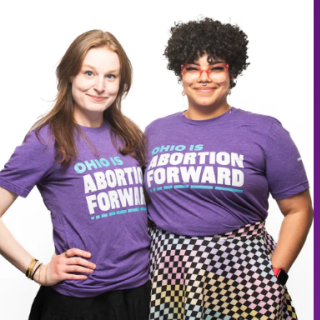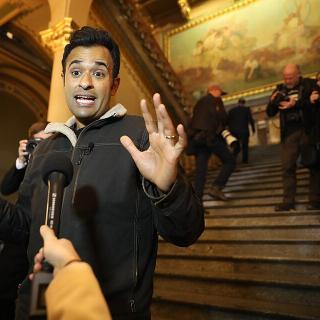DeWine Dishonesty 1: During the second debate, DeWine claimed that he fought to preserve protections for people with pre-existing conditions. This is downright wrong. In one of his first act as Ohio attorney general in 2011, DeWine sued the Obama administration to repeal the Affordable Care Act, including the provisions to protect people with pre-existing conditions. Additionally, DeWine refused to sign on to a lawsuit to ensure the more 4 million Ohioans with pre-existing conditions would be protected.
DeWine Dishonesty 2: During the second debate, DeWine asserted that he would continue the Medicaid expansion in Ohio and add a “non-punitive” work requirement. Work requirements would de facto gut the Medicaid program in Ohio, as they would likely cause over 18,000 Ohioans to lose coverage. Work requirements also disproportionately hurt rural areas. Contrary to DeWine claims, work requirements empirically cause “little or no long-term gain in employment,” particularly since the vast majority of Medicaid enrollees already work.
DeWine Dishonesty 3: In the first debate, DeWine dubiously assailed Rich Cordray for doing “absolutely nothing” to clear up a backlog of untested rape kits while Cordray served as Ohio’s attorney general. This false attack has been a constant line of attack from DeWine and it couldn’t be further from the truth. Despite only serving as attorney general for five months, Cordray helped to develop a statewide protocol for testing these kits. In fact, it took DeWine seven years to test the entire backlog of untested rape kits. And under DeWine’s watch, the Ohio’s criminal background check system was deemed “flawed and unreliable” by “sometimes indicating that thousands of criminals have clean records.”
DeWine Dishonesty 4: DeWine attacked Cordray, saying he took money from ECOT as the online program fizzled and refused to return the money. Over the course of two elections, Cordray accepted only $600 -- $500 in during his 2006 campaign for state treasurer and $100 during his 2010 campaign for attorney general -- from people associated with ECOT and, as he said during the debate, Cordray returned that money to his local school district. In contrast, the DeWine-Husted ticket has received more than $40,000 from those associated with ECOT.



